An innovative way to manage medical waste in the wake of Covid-19 has been developed by a team of experts at the Sultan Qaboos University (SQU). A smart trolley developed will help real-time monitoring of temporary medical waste storage units in all the hospitals and a system for tracking the entire medical waste management process.
The project team has developed a mobile application to track the waste collection from different healthcare entities. The IoT technologies solve the problem associated with sensing, measurement and collection of medical waste data and also can be used to avoid human interventions.
This technology, which took 10 months to develop, will help be’ah to update the collection of medical waste through an automated message. This will reduce humans’ role in handling toxic waste.
The prototype of the technology developed at the Communication and Information Research Centre in collaboration with Sultan Qaboos University Hospital (SQUH) and the Oman Environmental Services Holding Company (be’ah) is an Internet of Things-based model and is funded by the Ministry of Higher Education, Research and Innovation.
Speaking to the Observer, Dr Mohamed Khalefa Sarrab, Researcher and Deputy Director of Communication and Information Research, who led the ‘Smart Medical Waste Management’ concept said that efforts are on to attract local as well as international manufacturers.
“The aim behind this research study and invention is to provide a smart medical waste management system with multiple advanced technologies that make medical waste processing either from research labs or home care patients safe, secure, and efficient. This will ensure safety of the medical staff as well as effective management of medical waste,” Dr Sarrab said.
The existing method for processing and handling medical waste at hospitals depends on manual colour-coding technique that identifies and classifies clinical waste, cytotoxic waste, and general waste.
The study was necessitated due to the severity of the dangers of medical waste to those in charge at the hospitals, including doctors and other medical staff and auxiliary medical personnel.
“This will also create a safe environment for medical staff and will inform the be’ah about the collection. Through the use of this technology, officials will be able to create a real and accurate database on medical waste, whether in terms of quantity or even in terms of type,” Dr Mohamed Sarrab said.



